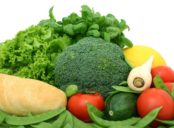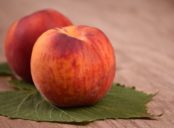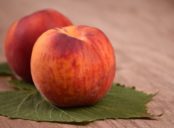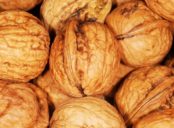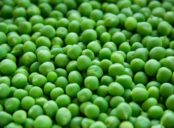Vegan Diet: A Comprehensive Overview

Introduction:
A vegan diet has gained popularity in recent years due to its potential health benefits, ethical considerations, and environmental impact. This article aims to provide an in-depth understanding of the vegan diet, including its definition, different types, quantitative measurements, variations, and historical analysis of its advantages and disadvantages.
1. An Overview of the Vegan Diet:
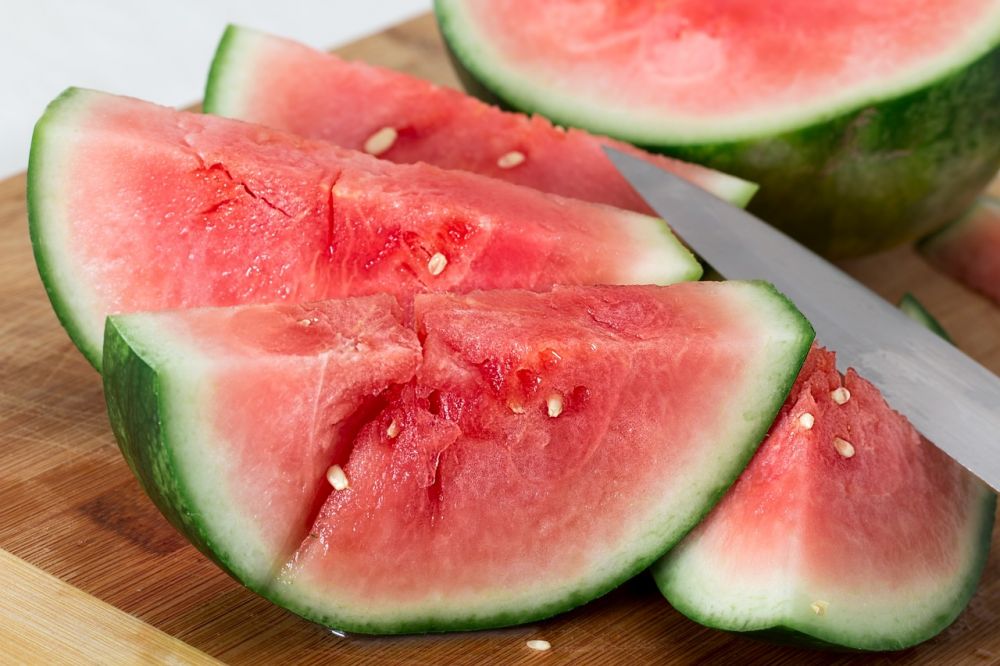
The vegan diet is a plant-based eating pattern that excludes all animal products, including meat, dairy, eggs, and even honey. Instead, individuals following a vegan diet focus on consuming a variety of fruits, vegetables, grains, legumes, nuts, and seeds. This dietary choice is not limited to the food consumed but extends to other aspects of life, such as avoiding leather and other animal-derived products.
2. Presentation of Vegan Diet Types:
Within the realm of veganism, different types of vegan diets exist. These include whole-food vegan diets, raw vegan diets, high-carb low-fat vegan diets, and others. Each type emphasizes varying proportions of macronutrients and specific food choices. This section will thoroughly explore these different types, highlighting their characteristics, popular practitioners, and benefits.
3. Quantitative Measurements of Vegan Diet:
Research reveals the nutritional aspects of a vegan diet by analyzing the intake of essential nutrients, such as protein, iron, calcium, omega-3 fatty acids, and vitamin B12. This section will delve into quantitative measurements, providing evidence-based data on dietary intakes, nutrient deficiencies, and strategies to ensure adequate nutrition within the vegan diet.
4. Discussion of Differences Among Vegan Diets:
While all vegan diets exclude animal products, notable differences exist regarding the inclusion of processed foods, refined sugars, and oils. Some individuals opt for a whole-food approach to maximize nutrient intake, while others incorporate convenience items and vegan substitutes. This section will highlight and discuss the variations within the vegan diet spectrum, addressing the pros and cons of different approaches.
5. Historical Analysis of Vegan Diet Pros and Cons:
A historical account of the vegan diet’s evolution will shed light on the advantages and disadvantages associated with this dietary choice. Discussing the environmental impact, ethical considerations, impact on health, and cultural perceptions, this section will provide a comprehensive and unbiased perspective on the vegan diet’s benefits and potential challenges.
Conclusion:
The emergence of the vegan diet as a popular dietary choice reflects a growing awareness of the interconnectedness between personal health, animal welfare, and environmental sustainability. This article has explored various aspects of the vegan diet, including its definition, different types, quantitative measurements, variations, and historical analysis of its advantages and disadvantages. By providing a well-structured and informative resource, readers can make educated decisions about adopting or adapting to a vegan lifestyle.
Målgruppen för denna artikel är privatpersoner som är intresserade av att få en djupare förståelse för veganism och dess olika aspekter. Genom att använda en formell ton och förse läsarna med faktainriktad information, kommer artikeln att vara en trovärdig källa för läsare som vill lära sig mer om vegan diet från en tillförlitlig källa.









